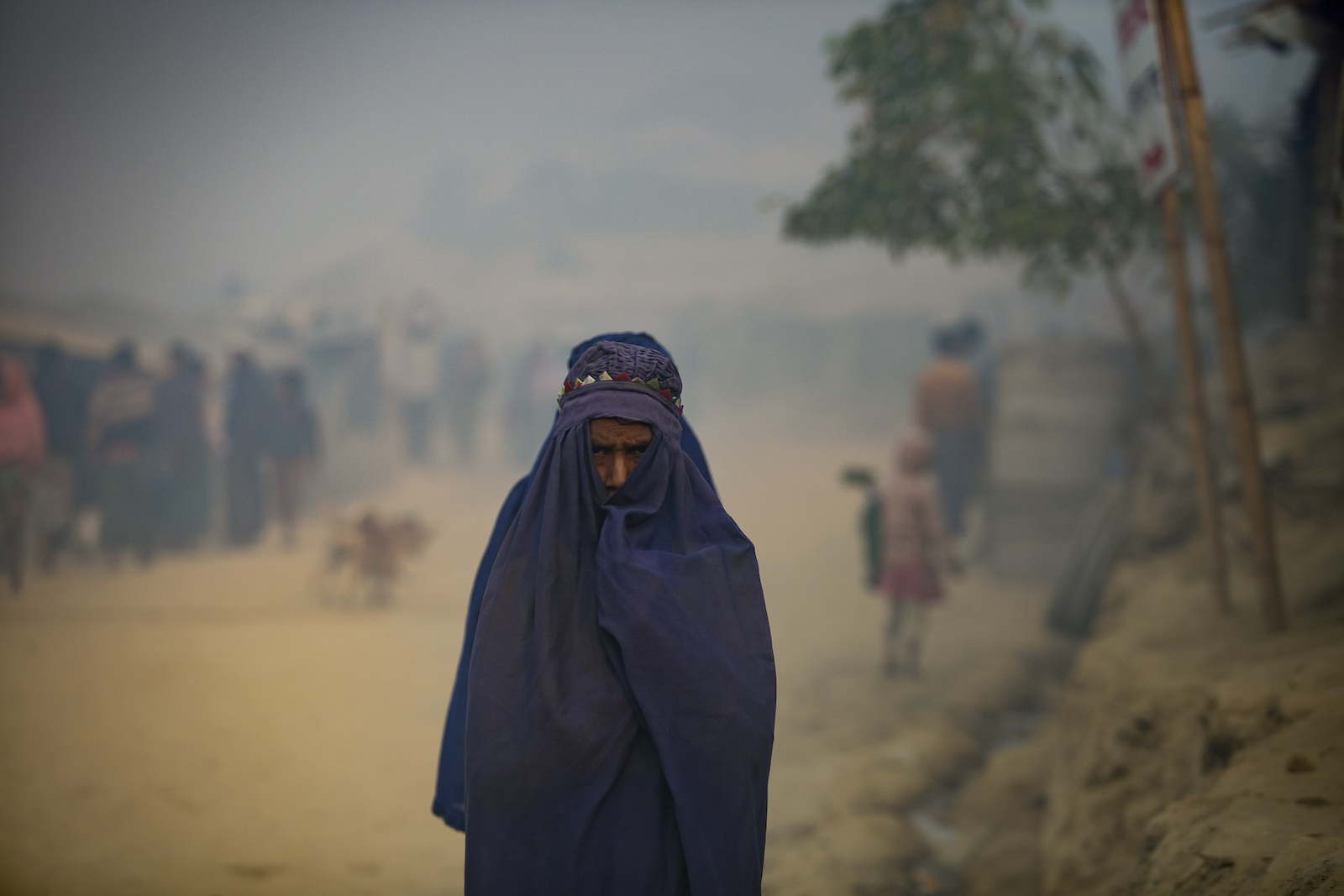
Two Important Days on the UN Calendar Warranting Greater Attention
As the busyness of the holiday season is fully upon us, it is important for the world to take a moment to remember two days this month: The 70th anniversary of the Convention on the Prevention and Punishment of the Crime of Genocide on December 9th and Human Rights Day on December 10th marking 70 years since the signing of the Universal Declaration of Human Rights (UDHR).
The Genocide Convention came to life in the post-World War II period following the mass atrocities committed against European Jews by the Nazis. It was the Polish-Jewish lawyer, Raphael Lemkin, who advocated for an international law for the crime of genocide. Before 1944, there was no law. However, in the wake of the Holocaust, the United Nations General Assembly adopted Resolution 260 (III) A on December 9, 1948 outlawing genocide. On January 12, 1951, the Convention came into force. Forty years later, on November 5, 1988, President Ronald Reagan signed the Convention. Senator William Proxmire from Wisconsin was one of the strongest advocates in the U.S. Senate who urged its signing. Today it remains a vital piece of international law.
Genocide is defined as “…acts committed, with intent to destroy, in whole or in part, a national, ethnical, racial or religious group…” Article 2 sets forth the following parameters (a) “Killing members of the group; (b) Causing serious bodily or mental harm to members of the group; (c) Deliberately inflicting on the group conditions of life calculated to bring about its physical destruction in whole or in part; (d) Imposing measures intended to prevent births within the group; (e) Forcibly transferring children of the group to another group.”
Yet, today, despite the forces for good who acted 70 years ago, having experienced the horrors of genocide firsthand, we still witness tragic acts of violence – which meet the criteria for genocide – against the Rohingya in Rakhine state in Myanmar, Christians and Yazidis in Iraq and Syria, the Nuer and other ethnic groups in South Sudan, and the Darfuris in Sudan.
The UN’s High Commissioner for Human Rights, Michelle Bachelet, has argued that genocide continues to remain a “threat and reality.” She urged nations to act based on the “warning signs” often preceding genocide. She added that the crime of genocide is as real today as it was at the time of its signing. There are still 45 UN Member States who yet to ratify or agree to the Convention.
The world should not feign ignorance to the crime of genocide; for it knows full well what occurred during World War II, what happened in Rwanda in 1994 and; moreover, what is happening today to different ethnic groups around the world. What is required is a willingness to summon the courage to act in the face of unspeakable atrocities being committed. The UN acted 70 years ago in the aftermath of WWII; it’s time for the world to take greater action.
The importance of human rights did not go unnoticed in 1948 as the next day, December 10th, the UDHR was ratified in Paris, France. Though not a legally binding treaty, the UDHR expresses the core values of human rights such as dignity and justice, development, environment, culture and gender that all civilized nations of the world share. President Carter signed the UDHR in 1977, but the U.S. has yet to ratify it.
The UN has three key objectives in connection with the 70th anniversary of the UDHR. The first is to promote the UDHR by increasing the public’s knowledge of the document and educating people as to how it affects them. Second, the UN seeks to engage the global community to protect human rights. Third, reflect upon the UDHR and look closely at what has been achieved to date and what are the challenges that lie ahead.
Human Rights Watch (HRW), the global nongovernmental organization, reports that “thirty landmarks across the globe will shine bright blue on December 10, 2018” as the world celebrates Human Rights Day. The lighting seeks to signify all that the UDHR stands, most importantly the “human dignity” of all individuals.
As HRW’s executive director points out, “This is a challenging moment for human rights, but while the autocrats and rights abusers are capturing the headlines, they are spawning powerful resistance.”
It is always good on Human Rights Day to reflect on the words of First Lady Eleanor Roosevelt, a key actor in drafting the UDHR. In 1958, she made the following remarks:
Where, after all, do universal human rights begin? In small places, close to home – so close and so small that they cannot be seen on any maps of the world. Yet they are the world of the individual person; the neighborhood he [or she] lives in; the school or college he [or she] attends; the factory, farm, or office where he [or she] works…Unless these rights have meaning there, they have little meaning anywhere.
Her words should be noted by all global leaders considering the human rights violations we continue to witness across the globe today.

